Publications
Articles, publications, books, tools and multimedia features from the U.S. Institute of Peace provide the latest news, analysis, research findings, practitioner guides and reports, all related to the conflict zones and issues that are at the center of the Institute’s work to prevent and reduce violent conflict.
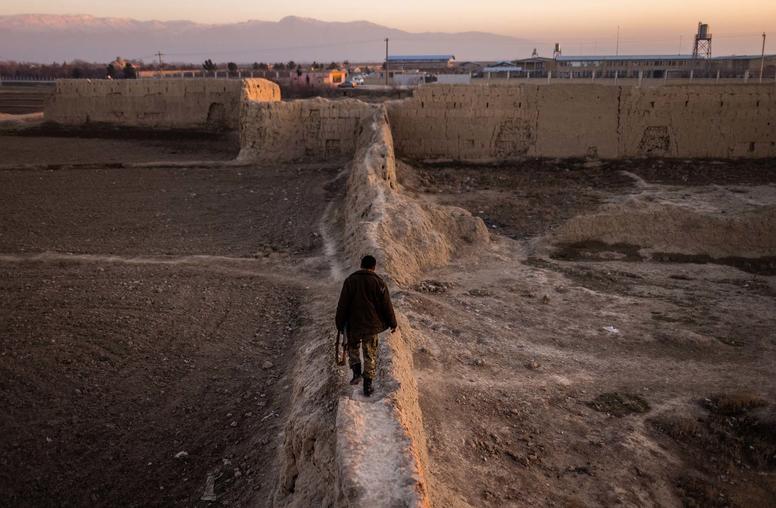
Central Asia Prepares for Taliban Takeover
Last week’s conference in Tashkent, Uzbekistan was originally supposed to focus on regional connectivity in South and Central Asia. But the Taliban’s surge in recent weeks consumed the regional conference and has many in the region wary of what’s next. As U.S. and NATO forces draw down their military presence in Afghanistan, the country’s northern neighbors have witnessed Taliban fighters swiftly overrun most of the rural parts of northern Afghanistan, establishing control over nearly all of the 1,500-mile border between Afghanistan and Turkmenistan, Uzbekistan and Tajikistan. By all indications, Central Asian states are preparing for a new reality in Afghanistan, one where the Taliban control most, if not all, of the country.
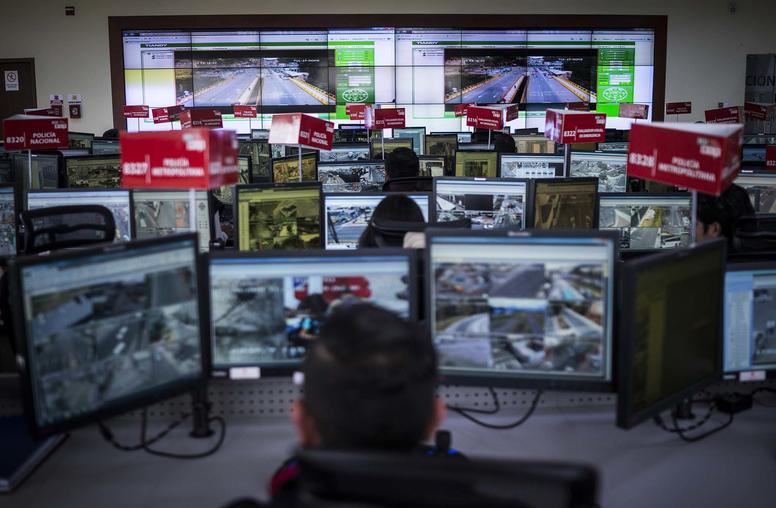
Digital Technology’s Evolving Role in Politics, Protest and Repression
The rapid adoption of digital technologies has fundamentally changed global politics. During the Arab uprisings, experts heralded digital technologies as powerful tools for social change and liberation. A decade later — with global democracy in retreat — the script has flipped and authoritarian governments are on the offensive in deploying digital tools to monitor, track and control their citizens. Indeed, the rapid emergence of these tools has ushered in a new era of political repression, says Steven Feldstein, the author of “The Rise of Digital Repression: How Technology is Reshaping Power, Politics, and Resistance.” He explains how digital repression works, China’s role in exporting such technologies and the broader implications for global conflict and democracy.
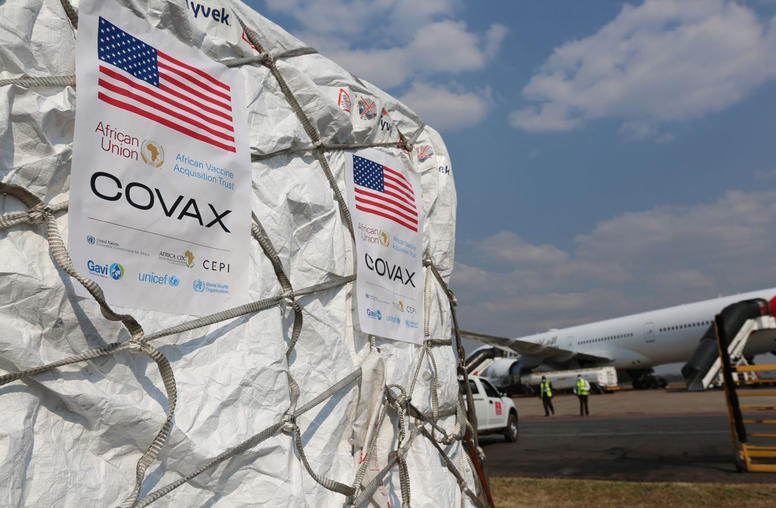
African Union Chair Tshisekedi, Rep. Bass Discuss Effective U.S.-Africa Engagement
Despite the many challenges facing the continent, “Africa is not … defined by poverty, misery and violence,” said Félix Tshisekedi, the chairperson of the African Union (AU). “Our continent is also defined by opportunities.”
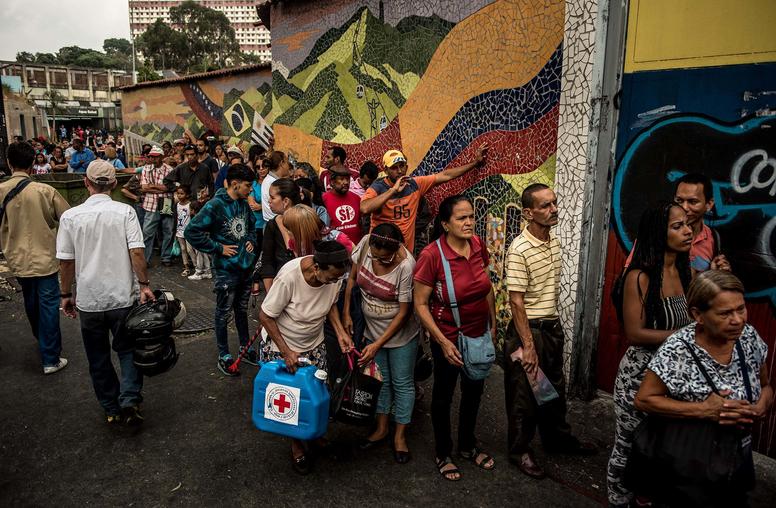
Could China Play a Role in Venezuela’s Crisis?
Few countries can rival the creditor-lender relationship between China and Venezuela on pure volume. China has loaned more money to Venezuela — some $60 billion — than to any other country in the world and is Venezuela’s largest lender by far. But as Venezuela descends further into uncertainty amid a host of economic, political and social crises, Beijing has remained mostly silent regarding the domestic political struggles of one its largest trading partners in Latin America.
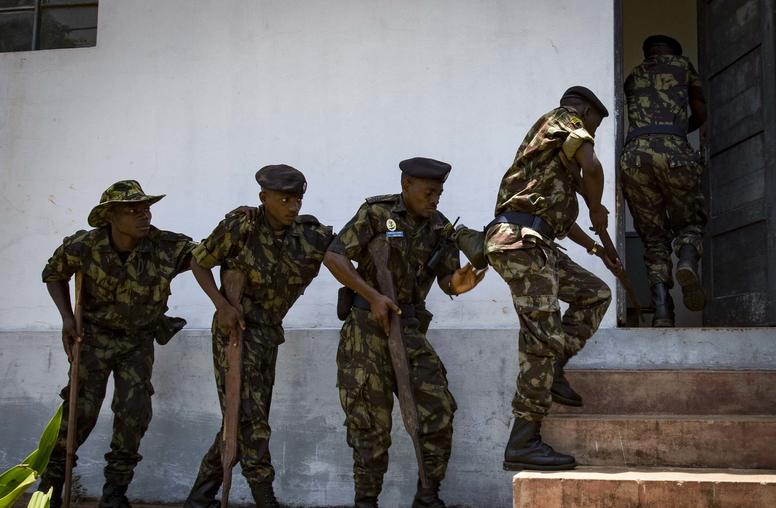
Five Keys to Tackling the Crisis in Mozambique’s Cabo Delgado
Since 2017, armed militants — often carrying the Islamic State flag — have been on the offensive in the northern Mozambique province of Cabo Delgado. The human toll of this violence is grave, with more than 3,000 killed, nearly a million displaced and an acute hunger crisis. Beyond the immediate priority of stemming the violence and addressing the dire humanitarian situation that is already affecting neighboring provinces, the crisis affords the government of Mozambique and the international community the opportunity to address long-standing challenges.
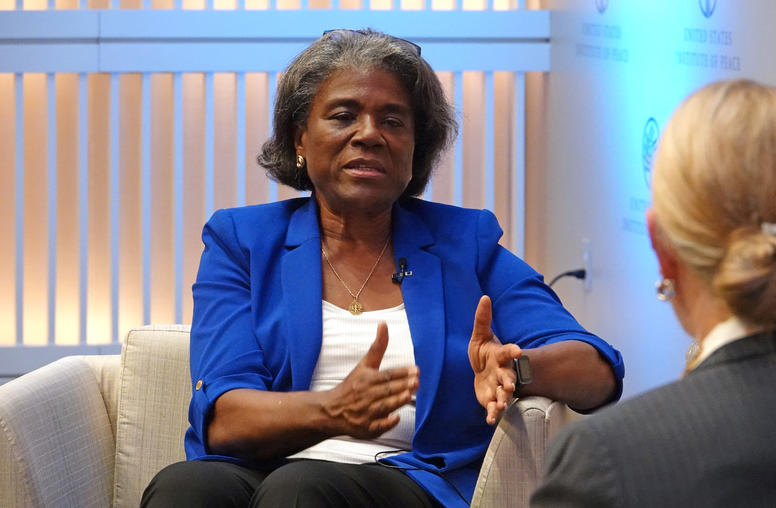
At 70, Refugee Convention Faces Many Challenges, Says Ambassador Thomas-Greenfield
Seventy years after its ratification, the Convention of Refugees remains an important pillar of the international system. Every day, conflict, hunger, economic deprivation and climate change are forcing people around the world to flee their homes in search of a better life. It is critical, therefore, that the international community uphold their obligations under the convention, while elevating efforts to address the root causes of migration, according to U.S. Ambassador to the United Nations Linda Thomas-Greenfield.
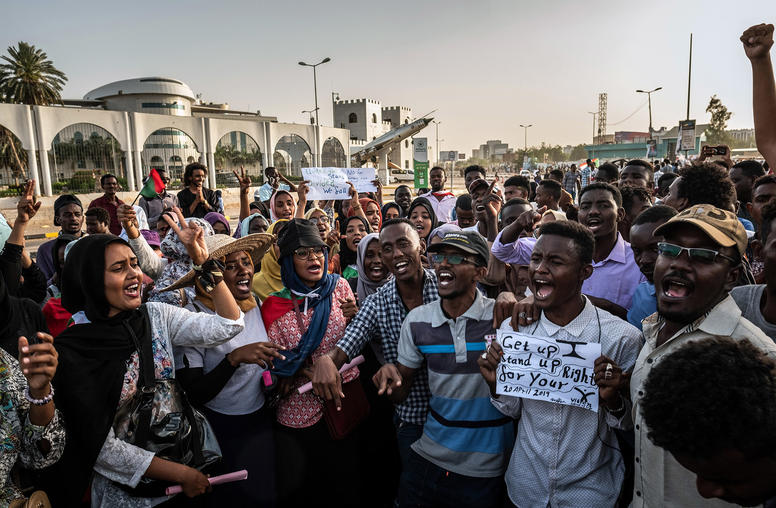
Five Key Considerations To Make the U.S. Global Fragility Strategy Work
Even as the public debate over the U.S. military withdrawal from Afghanistan continues, the State Department and USAID are quietly putting plans in place to test a new approach to con-flicts overseas. Drawing on the hard-earned lessons from Afghanistan and Iraq over the past two decades, this approach would have the United States rely far less on military power and far more on sustained — but much less costly — diplomacy and closely coordinated development investments. If fully implemented, consistent with the recently enacted Global Fragility Act, this new effort promises to help stabilize countries in their recovery from COVID-19 and the knock-on shocks to their economies.
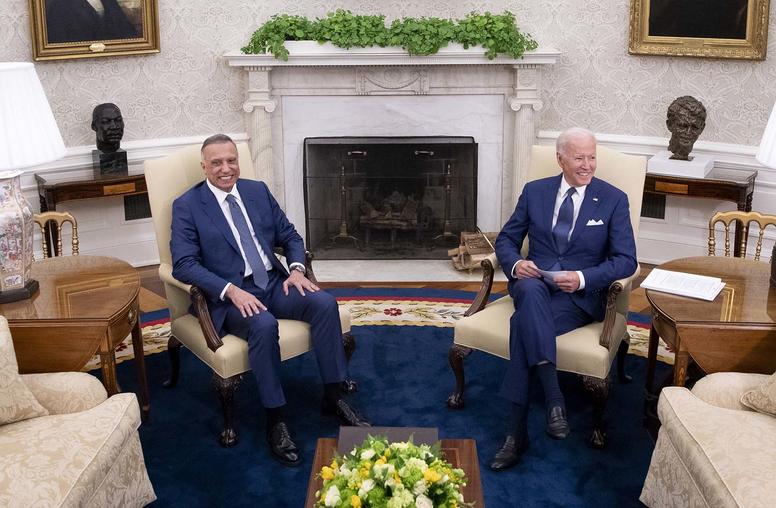
Beyond Security: The Quest for a Sustained, Strategic U.S.-Iraq Partnership
On Monday, President Joe Biden received Iraqi Prime Minister Mustafa al-Kadhimi at the Oval Office to strengthen bilateral relations and discuss matters of mutual interest, key among them being the future of U.S. troops in Iraq. Despite widespread thinking that Iraq and the Middle East do not rank high in the mix of the Biden administration’s priorities, there have been clear signals that Iraq remains important enough to the United States and that Kadhimi and his government are partners that the United States can work with and should support. While most of the media attention focused on the announcement of the change in U.S. force posture in Iraq, the key takeaway from this week’s meeting is that the United States and Iraq seek to maintain their strategic partnership — and build on it.
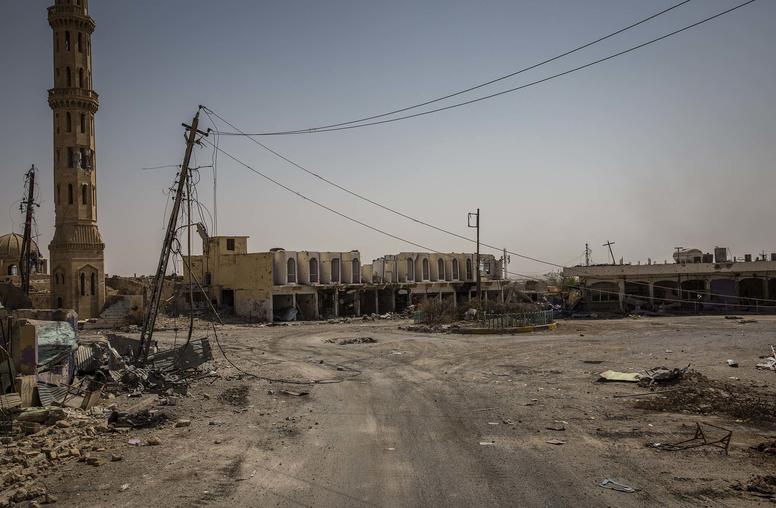
Four Years After ISIS, Iraq’s Tal Afar Remains Riven by Communal Divisions
Iraq is a country beset by a host of political, security, economic and social challenges, including addressing the human legacy of the Islamic State’s (ISIS) rampage through the country just a few years ago. Almost four years after the liberation of Nineveh’s Tal Afar district from ISIS control, feelings of marginalization, neglect and exclusion persist among communities in the region, epitomizing how such feelings have driven ethnic and sectarian tensions and conflict in post-2003 Iraq. Recognition of these sentiments and an understanding of the factors underpinning them, can help communities in the district allay these drivers of tension and move forward together.
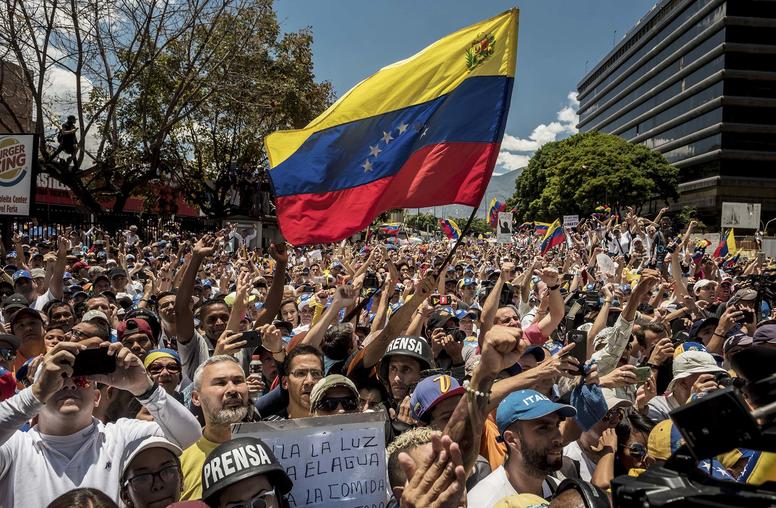
Is there a Negotiated Path to Democratic Coexistence in Venezuela?
The scale of the Venezuela crisis is unique in recent history, with wartime indicators of hunger, refugees, and human rights abuses but conventional violent conflict largely absent. At the heart of the crisis is a 20-year struggle between the Chavista regime and the democratic opposition, characterized for most of these two decades by each side attempting to eliminate the other from the political map. Negotiations are seen by most outside observers as the only way the conflict will definitively end and there have been consistent efforts to bring the two sides to the table, most recently in Barbados and Oslo in 2019.